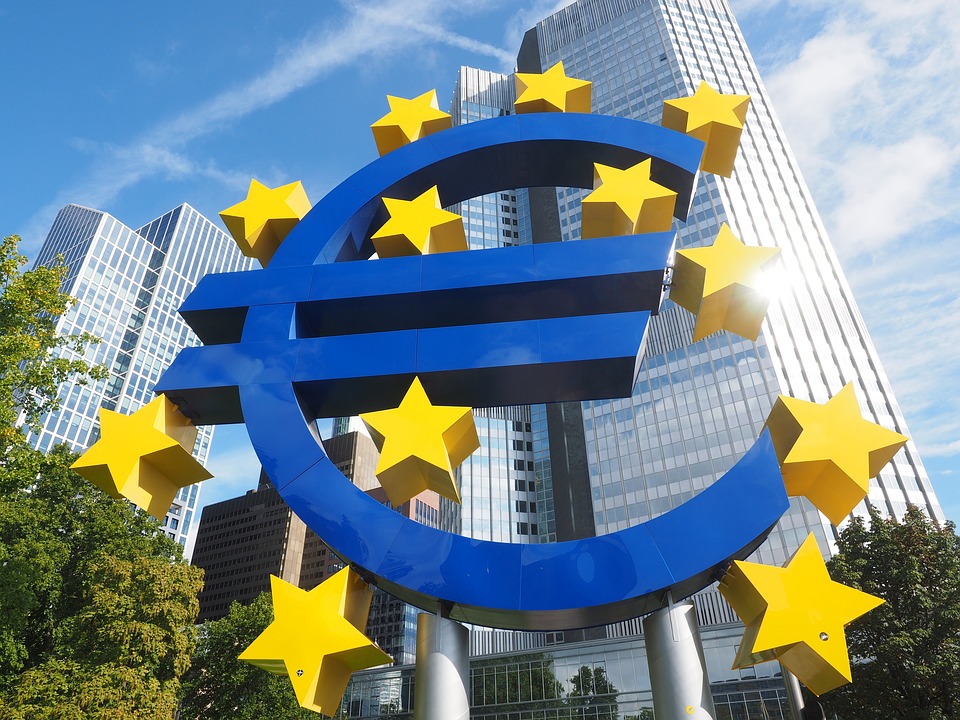Euro zone bond markets supported by coronavirus unease

Borrowing costs in the euro area were steady to a touch lower on Friday, as news that global coronavirus cases have now surpassed 1 million weighed on investor sentiment and supported safe-haven assets. Bond yields across the bloc, however, were set to end the week higher, reflecting some upward pressure as the likes of France, Spain, and Portugal all stepped into the market with new supply this week as the outbreak sparks a surge in fiscal spending and new issuance.
Ten-year bond yields in Italy, France, and Spain were all set to end the week 10 basis points or higher. Benchmark German Bund yields have risen around 4 bps this week. In early Friday trade, most 10-year bond yields in the bloc were 1-2 bps lower on the day amid still dire news on the coronavirus.
Germany's 10-year Bund yield was just a touch lower at -0.44%, holding well below highs hit last month at -0.14%. "With regard to Bunds, the ECB's depo rate increasingly appears to be acting as a floor for the 10-year yield and the central bank’s ample bond purchases are effectively capping it," analysts at UniCredit said in a note, referring to the European Central Bank's -0.50% deposit rate.
"Key rate cuts, QE (quantitative easing), fiscal packages and an express slowdown in economic activity should all be largely absorbed by core bond markets by now." Monthly U.S. non-farm payrolls data later in the day was in focus although the numbers will not fully reflect the carnage being inflicted by the virus outbreak, analysts said.
The U.S. economy will shrink 5.5% in 2020, the steepest drop since 1946, with a huge 38% contraction predicted for the second quarter, Morgan Stanley said in its latest forecasts. In the euro area, markets were also focused on what action the bloc's leaders will take next to buffer economies from the pandemic.
Eurozone states that need aid from the bloc's bailout fund to tackle the outbreak should get it quickly but first receive visits from officials proposing policies like, during the eurozone crisis, Germany's finance minister said on Friday. Last week, European Union (EU) leaders gave finance ministers until April 9 to come up with ideas on how to finance the recovery after Germany and the Netherlands shot down a call from France, Italy, Spain, and six other countries for a common debt instrument issued by a European institution.
(This story has not been edited by Devdiscourse staff and is auto-generated from a syndicated feed.)
- READ MORE ON:
- European Central Bank
- France
- Spain
- Italy
- Morgan Stanley
- Portugal
- German
- UniCredit
- EU
- Netherlands
- European
ALSO READ
Germany denies accusations of aiding 'genocide' in Gaza at ICJ
Majority of German firms feel unfair competition in China, commerce chamber says
More than one in five Germans at risk of poverty or social exclusion
Portugal's new government vows to keep balanced budgets, privatise TAP
German police arrest Iraqi couple suspected of genocide for enslaving Yazidi girls










